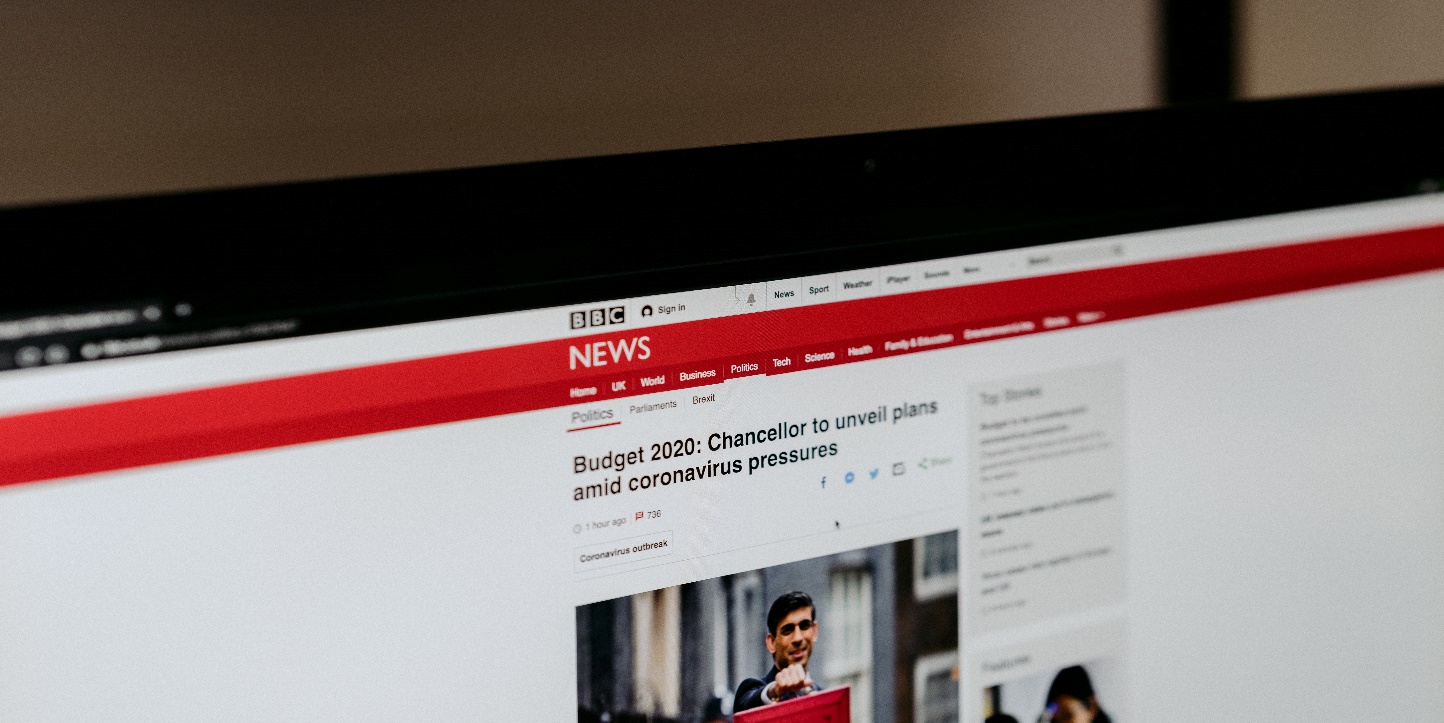 Source: https://unsplash.com/photos/FLY7CEwbJsg
Source: https://unsplash.com/photos/FLY7CEwbJsg
The British Broadcasting Corporation (BBC) is a major global broadcasting organisation. It was established in 1922 and today produces radio, television, and internet content. The BBC’s three primary goals are information, education, and entertainment. The BBC became the most renowned news organisation in the world, recognised for its impartial and fair coverage, because it was driven, at least in its early stages of existence, by quality rather than profit. Here are ten facts that you may not know:
10. No News
 Source: https://unsplash.com/photos/3ym6i13Y9LU
Source: https://unsplash.com/photos/3ym6i13Y9LU
The BBC had no news to report on April 18, 1930. Therefore, at 8:45 PM, an announcer announced, “Good evening, today is Good Friday. There’s nothing new.” The BBC then continued to play piano music for the next fifteen minutes.
9. Biggest and Oldest
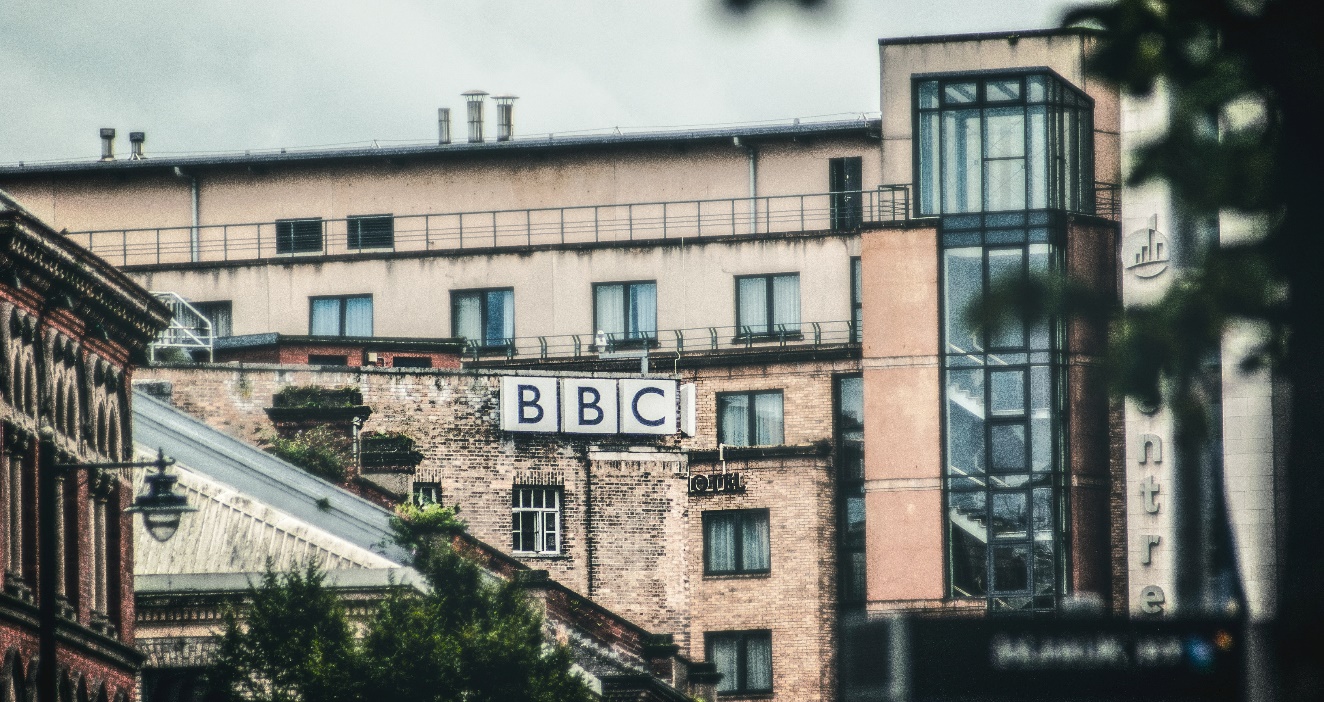 Source: https://unsplash.com/photos/psIGDb9vxhA
Source: https://unsplash.com/photos/psIGDb9vxhA
The BBC is not only the oldest national broadcasting institution in the world but also the largest broadcaster in terms of personnel. The organisation will be 100 years old by 2023.
8. Historically Inclusive of Women
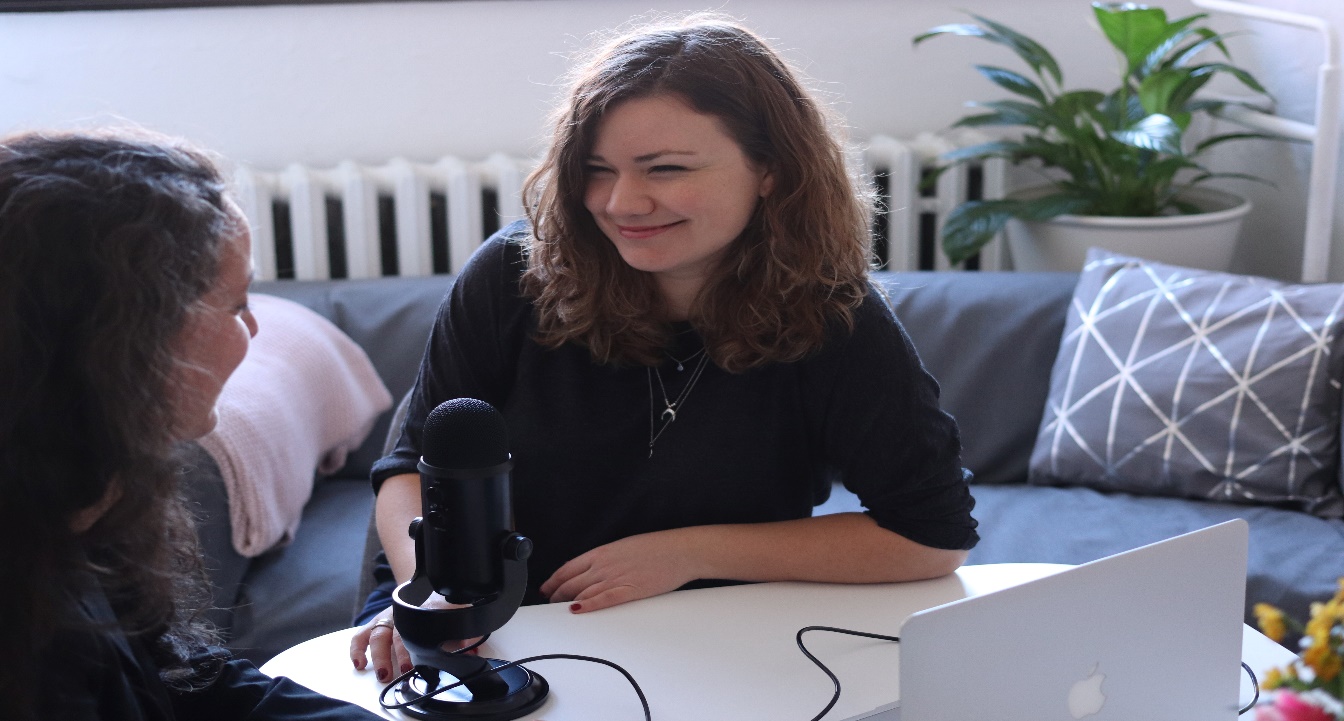 Source: https://unsplash.com/photos/QziaoZM0M44
Source: https://unsplash.com/photos/QziaoZM0M44
Women have worked at the BBC since 1923, primarily as caterers or typists during those early years. However, there were female BBC personalities. Woman’s Hour (a radio magazine programme) was first broadcasted on 7 October 1946. The BBC granted equal pay and promotion possibilities for women, which was unusual at the time.
7. BBC Towards Greater Cause
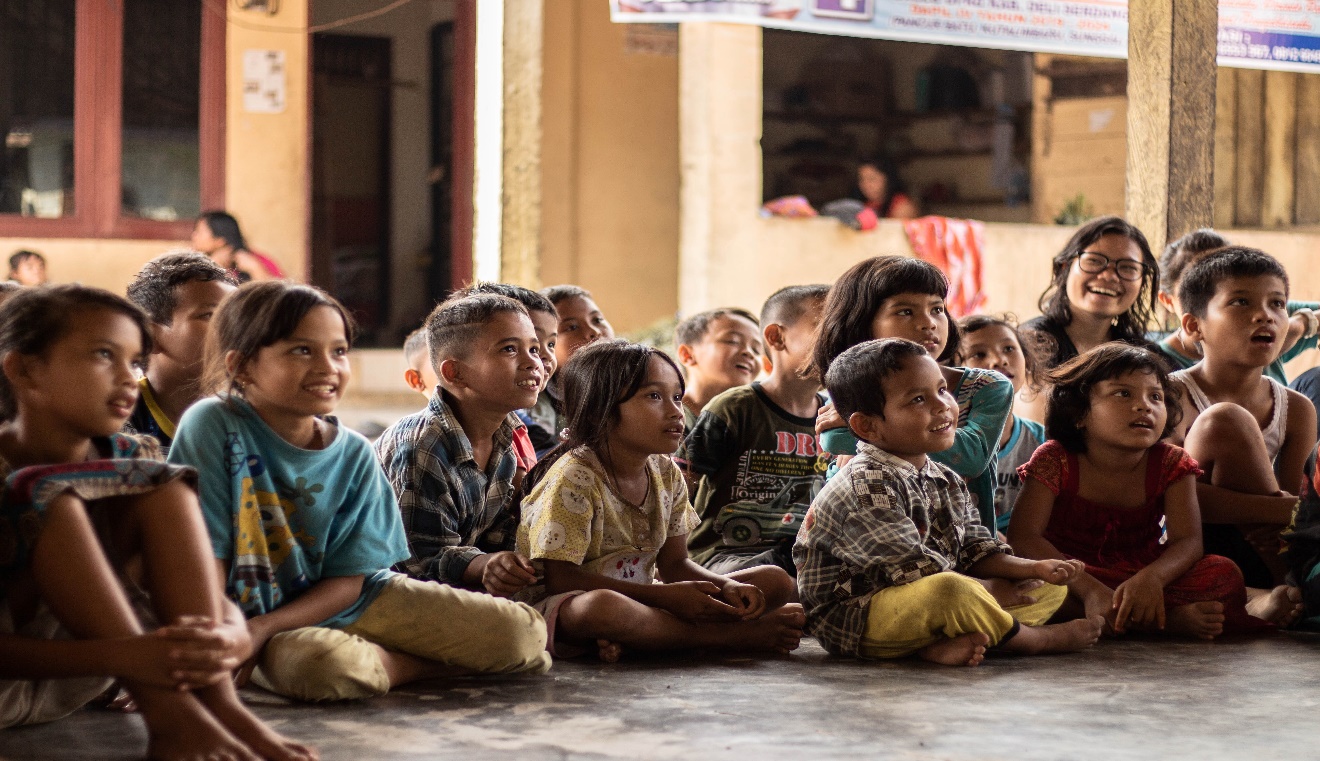 Source: https://unsplash.com/photos/uaPaEM7MiQQ
Source: https://unsplash.com/photos/uaPaEM7MiQQ
Children in Need, a long-running charity, is one of the BBC’s more heart-warming accomplishments. The non-profit, which focuses on generating money “for underprivileged children and young adults in the UK,” has done so since 1980, raising close to £1 billion.
6. BBC banned a song because people constantly clapped to the lyrics
 Source: https://unsplash.com/photos/_cQDpF6n3t0
Source: https://unsplash.com/photos/_cQDpF6n3t0
In 1941, Perry Como performed the song “Deep in the Heart of Texas,” which was written by June Hershey and Don Swander. Just two days after the Japanese struck Pearl Harbor, Como recorded the song. Students and employees alike frequently applauded along with Como as he sang. The BBC quickly realised this would be a problem because people working in bomb factories might unintentionally drop their explosives while clapping. The song was thus forbidden from being played by its broadcasters during working hours.
5. The First On-Air Hacking Incident Happened to The BBC
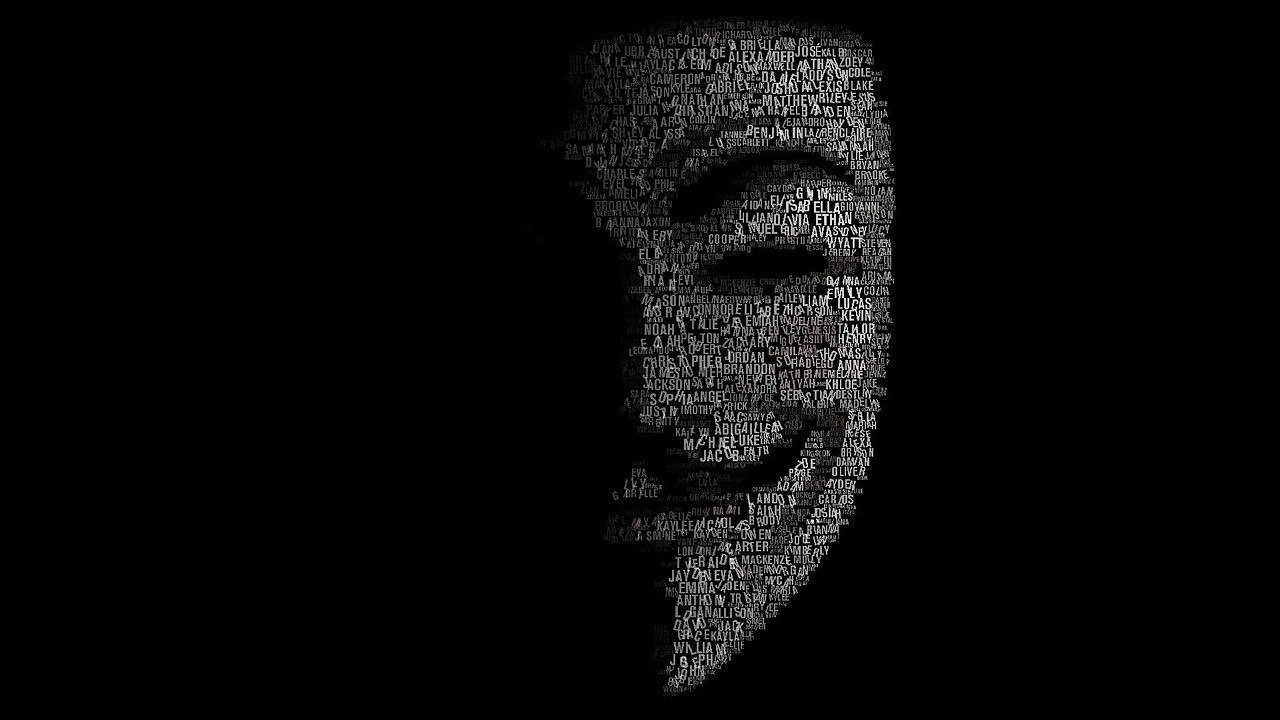 Source: https://pixabay.com/illustrations/hack-hacker-elite-hacking-exploits-813290/
Source: https://pixabay.com/illustrations/hack-hacker-elite-hacking-exploits-813290/
The first on-air hacking event happened in 1983 after an email account was compromised during a live e-mail demonstration. The BBC was attempting to inform viewers about benefits of emails over traditional letters at the time. During a live broadcast, hosts Ian McNaught-Davis and John Coll entered into an e-mail and discovered a “jovial pirate’s song” that had been uploaded by a user who had logged in before them.
4. No Transmission for six years
 Source: https://unsplash.com/photos/KCrCYEfYYNQ
Source: https://unsplash.com/photos/KCrCYEfYYNQ
TV broadcasting was fully halted during WW2 while the British were fighting the World War. When television broadcasts could restart in June 1946, the BBC returned with a light-hearted tone. “Good afternoon, everyone,” Jasmine Bligh said as she opened the first show in six years. What’s up? Do you remember me? The claim that Bligh said, “As I was saying before we were so rudely interrupted,” is untrue.
3. Funded by British Citizens
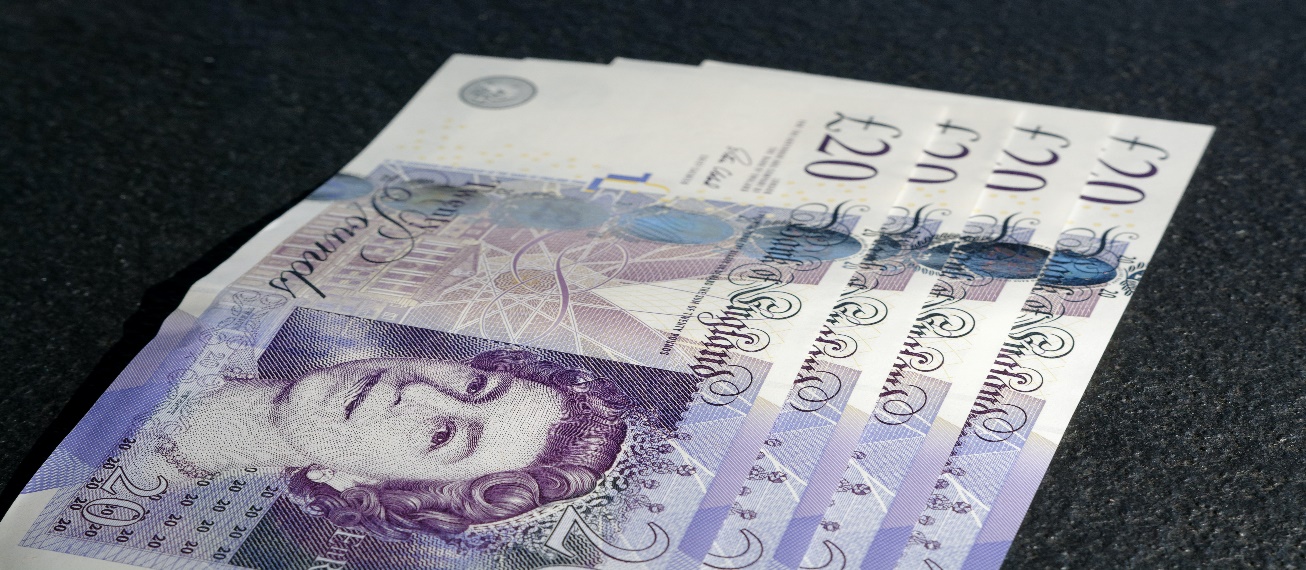 Source: https://unsplash.com/photos/8WRRJ4xJeyg
Source: https://unsplash.com/photos/8WRRJ4xJeyg
The BBC is funded by an annual license fee that the British Citizens pay. In case of non-payment, a citizen can be jailed and penalized for an amount up to £1000.
2. Practicing for every eventuality
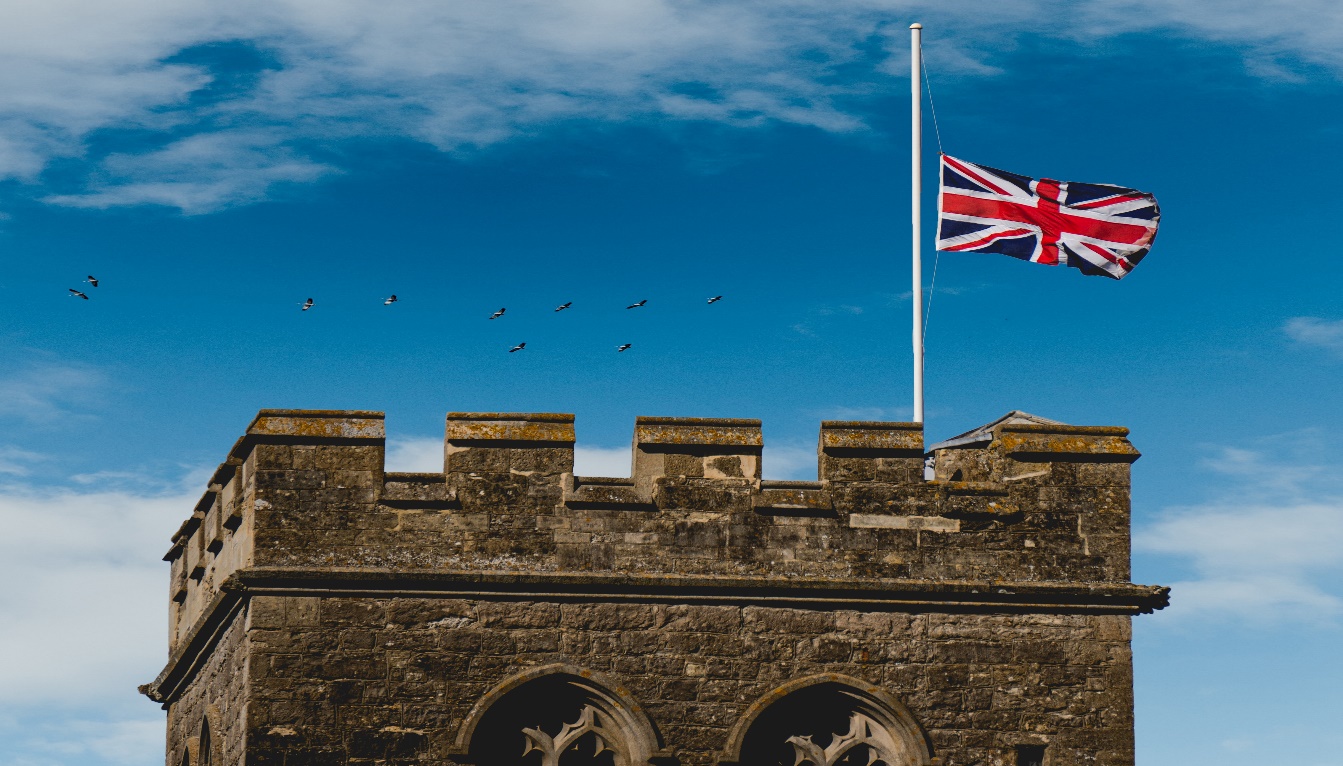 Source: https://unsplash.com/photos/3ZhmaE2LWyw
Source: https://unsplash.com/photos/3ZhmaE2LWyw
The BBC has a bizarre tradition of annual rehearsals for every eventuality. The most well-known among them is the rehearsal of the announcement of the Queen’s death.
1. Nickname(s)
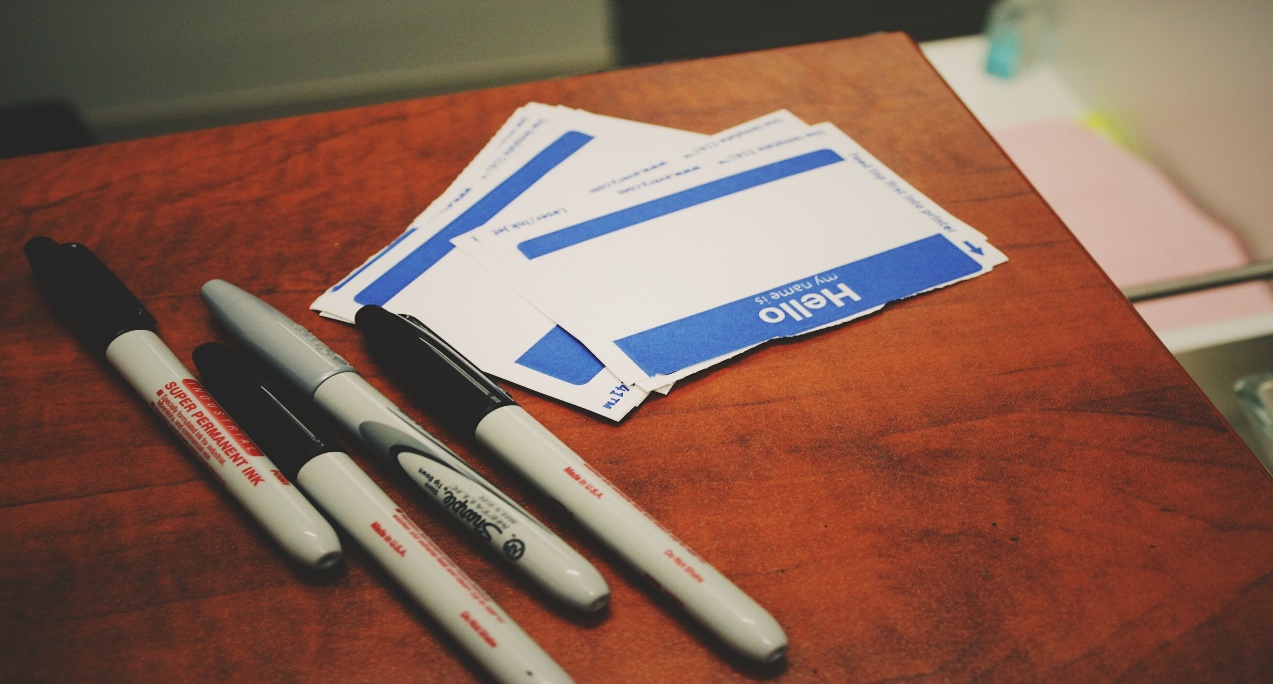 Source: https://unsplash.com/photos/566CgCRSNCk
Source: https://unsplash.com/photos/566CgCRSNCk
Another interesting fact about the BBC is its nicknames. It is most famously called “the Beeb” and “Auntie”.
CONCLUSION
To conclude, there aren’t many news organisations that can compare to the British Broadcasting Corporation in terms of legacy. The British Broadcasting Corporation, better known as the BBC, has dominated British culture with documentaries, radio programmes, films, miniseries, and more. However, like any other organisation BBC too has some interesting facts that common people do not know about. Like the reporting of no news for the day was a hilarious thing happened to BBC listeners. Moreover, the BBC is going to be 100 years old by the year 2023 which would be the oldest and biggest organisation. Furthermore, BBC had always welcomed women to its organisation by promoting equality. The BBC is not only a news agency but remained a philanthropic institution and is helping underprivileged children and young adults in the UK.

Muhammad Asfandyar is a lawyer having extensive experience in creative content writing, proofreading, legal and academic research writing. He can be reached at asfandyar.edw@gmail.com
